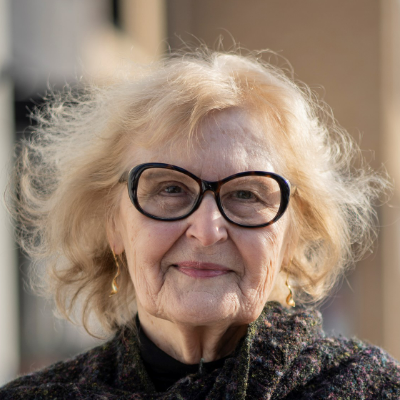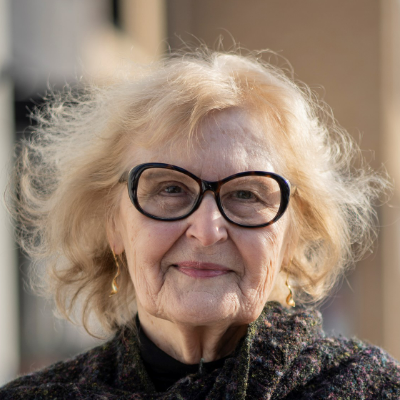
Grief Without Borders: Ambiguous Loss & the Power of Collective Community Healing
Grief Without Borders: Ambiguous Loss & the Power of Collective Community Healing
Pricing
Information
Recorded
-
-
Description
In a world increasingly shaped by displacement, disaster, and deep uncertainty, few voices have offered more clarity and compassion than Dr. Pauline Boss. Dr. Boss coined the term “ambiguous loss” — a groundbreaking concept that has reshaped how professionals and communities understand unresolved grief. Her work and this training provides a language for the kinds of losses that defy closure — from a loved one lost to addiction or mental illness to those physically present but psychologically gone.
This training will also offer concrete tools for providers navigating ambiguity with their clients, and it will center the role of community in healing. She challenges the dominant cultural narrative that grief must be resolved individually, arguing instead that it is in the collective acknowledgment of loss — through rituals, support groups, storytelling, and shared presence — that true resilience is built.
In today’s global context and as collective trauma crosses borders–from forced migration to climate-related disasters to the COVID-19 pandemic–the need for community-based mental health responses has never been more urgent. Dr. Boss teaches us that healing is not about closure or answers, but about bearing witness to ambiguity, together.
Educational Goal
Learning Objectives
Participants will be able to:
-
Explain the concept of ambiguous loss.
-
Apply relational, culturally-responsive, and community-based therapeutic strategies to address ambiguous loss and unresolved grief.
-
Discuss why meaning-making and relational resilience are at the heart of both individual and community recovery.
-
Identify practices (e.g., meaning-making, relational resilience, and collective rituals) that foster individual and community healing in response to ambiguous loss.
Target Audience
- Addiction Professional
- Counselor
- Marriage & Family Therapist
- Nurse
- Physician
- Psychologist
- Social Worker
Presenters
Financially Sponsored By
- GXC Events - The Global Exchange Conference
